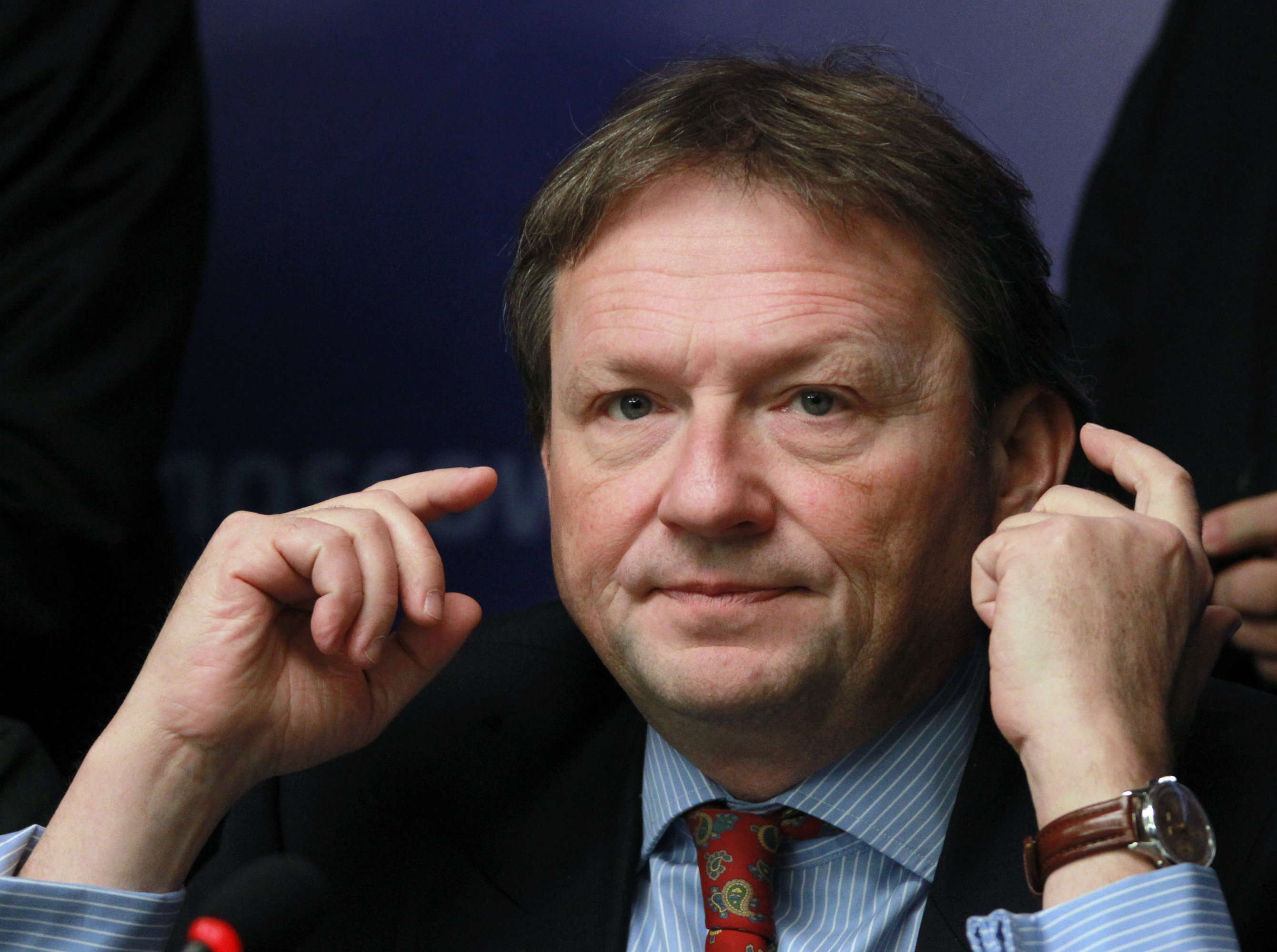Vladimir Novikov, RAPSI
The idea of an amnesty for thousands of Russian businesspeople who have been sentenced or are in prison under Criminal Code articles on economic crimes sounds utopian in today’s Russia. It was proposed by business ombudsman Boris Titov – but Vladimir Putin, as well as the majority of Russians – have rejected it outright.
The president said that the initiative and its arguments obviously need to be revised. Polls show that people still see all businesses, irrespective of the profits turned, as a kind of a racket.
The amnesty’s authors will have to devise other ways to help businesses, because even if Titov’s idea is approved, only several hundred convicted businesspeople, rather than a hundred thousand, will be released.
Obsessed
Billionaire Boris Titov has almost become a household name since his appointment as business ombudsman on June 22, 2012. The very next day he told Bloomberg that in order to improve Russia’s investment environment he would “propose to Putin the release of 13,000 people jailed for economic crimes, including Khodorkovsky, who has been in jail since 2003 and has a sentence that ends in 2017.”
However, his unusual proposal did not win recognition and Titov had to retrace his steps. He said that people convicted of economic crimes should turn to the Business Against Corruption Center of Public Procedures for help. If its experts decide that a complainant’s rights were violated, the center will undertake to help them.
The main character in this drama, former Yukos head Mikhail Khodorkovsky, used the opportunity in early August 2012. He asked Titov to conduct a public inquiry into the second criminal case opened against his company. Khodorkovsky wrote in his letter that his “and (Platon) Lebedev’s verdict (…) is becoming a model for many such cases.”
As a result, the Presidential Council for Civil Society and Human Rights took over this high-profile case, while Titov was left examining less important cases.
In April 2013, Titov returned to the idea, but this time he proposed granting amnesty to ten times more people. The business ombudsman and his experts proposed releasing 110,924 people sentenced for 53 types of economic crimes. Titov said on May 8 that “only those who committed business crimes can hope for early release.”
It is notable that this time he did not mention Khodorkovsky.
Cold shower
Several high-ranking members of Dmitry Medvedev’s cabinet readily supported the idea of an economic amnesty. First Deputy Prime Minister Igor Shuvalov said – commenting on the pending presentation of a report on this issue to the president – that the amnesty was as good as approved.
Titov proposed announcing an amnesty in time for Businessman’s Day on May 26.
But it was too early to put champagne on ice. President Putin had a reserved attitude to the idea and its arguments. He said that the draft was “raw” and should at least be considered more thoroughly. Titov promptly responded that the initiative could be fine-tuned within three or four weeks.
What Putin did not like was that people sentenced for economic crimes fall into several different categories. “There are several different groups of criminals among those 240,000, and even 13,000, people who are serving their sentences, for example counterfeiters and people sentenced for the illegal export of dual-purpose materials that can be used for the production of weapons and even weapons of mass destruction,” the president said.
Experts believe that the types of crimes covered by the economic amnesty initiative should be limited. Ultimately, the number of people to be granted amnesty can be reduced from 111,000 to several hundred.
The grounds for this conclusion can be found in recent practice. In accordance with the Russian Constitution, the lower house of parliament has the exclusive right to announce amnesties. The last time the State Duma announced a large-scale amnesty was eight years ago, ahead of the 60th anniversary of victory in the Great Patriotic War of 1941-1945. Three years ago, a group of deputies proposed granting amnesty to up to 300,000 people in connection with the 65th Victory Day, but the number was ultimately reduced to 200.
Moreover, these amnesties only concerned WWII veterans and people equal to them in social status, that is, those with whom society commiserates. As for businesspeople, society certainly has no sympathy for them.
Swimming upstream
In addition to the president’s negative attitude, the idea of a large-scale business amnesty is hindered by at least two other issues.
The first is the public’s attitude. According to a recent opinion poll conducted by Russian Public Opinion Research Center WCIOM, only a third of Russians supported the amnesty, and just as many were categorically opposed to it. Most of the latter are people with low levels of education, who constituted 47% of respondents.
This means that society still regards businesspeople, from small traders to big bankers or plant owners, as “thieves who must be put behind bars.” Society does not care about their achievements and the life or history of their businesses. This biased attitude to businesspeople in Russia goes back centuries.
In short, neither the authorities nor society supports the idea of a business amnesty.
The second problem is that a considerable number of businesspeople who have been put behind bars for economic crimes or were otherwise prosecuted fell victim to their rivals’ intrigues, raiders or other “relatively legal methods” of stealing people’s wealth. If released, tens and even hundreds of these businesspeople will try to regain their property and to punish their offenders.
Our judicial and law enforcement systems will definitely not be thankful for having to deal with these issues.
Furthermore, even if the amnesty is approved, it will hardly be effective. Indeed, can an amnesty be effective if only a few hundred are released instead of the proposed hundred thousand?
Supporters of Titov will definitely rise in protest against this conclusion, but this will not make the ombudsman’s mission any easier.



